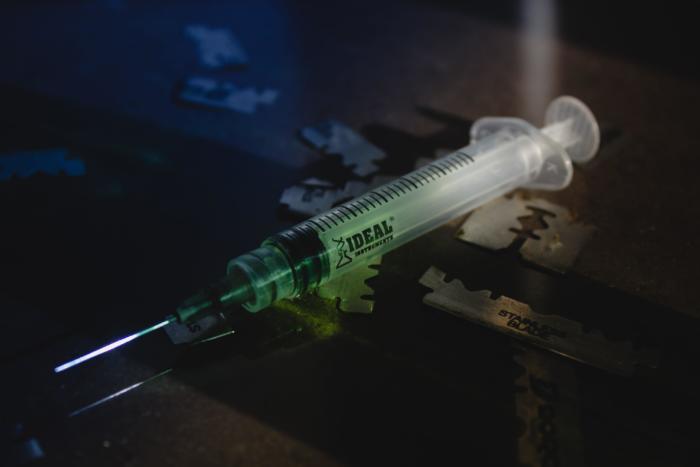Botox may make you look younger but it can now help you live longer too. Research from Columbia University Medical Center (CUMC) shows blocking nerve signals using surgery or Botox could be an effective treatment for early-stage stomach cancers.
The study, conducted by the laboratory of Timothy Wang, in collaboration with Duan Chen in Norway, found Botox injections proved to be just as effective as surgery at reducing stomach cancer growth
When they cut the nerves around the tumours during surgery on mice, it significantly slowed the growth of the tumour and increased survival rates.
Wang’s team found blocking the nerve signals by injecting Botox into the mice made the cancer more vulnerable and removed one of the key factors that helped the tumour to grow.
Botox used in combination with chemotherapy in mice increased survival rates up to 35%, compared with chemotherapy alone.
“In the future, we’d really like to look at how we can use this method of targeting nerves to stop the growth of more advanced tumours,”
Wang said.
His laboratory hopes to develop drugs that block neurotransmitter receptors.
Each year in New Zealand about 390 people (240men and 150 women) develop stomach cancer and 276 (161 men and 115 women) die of the disease.
Early results from a clinical trial at Texas University in 2013 showed this treatment can also work on Prostate cancer sufferers, also shrivelling their tumours significantly.
With nerves playing such a critical role in the growth of cancers, this breakthrough could lead to the blocking of nerve signals to all types of tumours, helping to save the 2900 Kiwi’s that die from Bowel Cancer each year.

